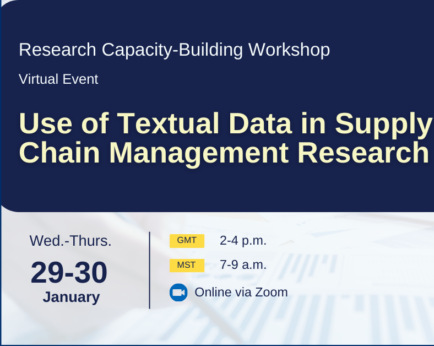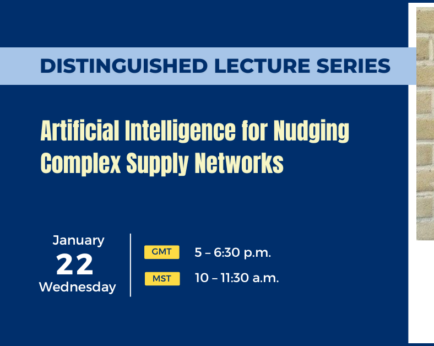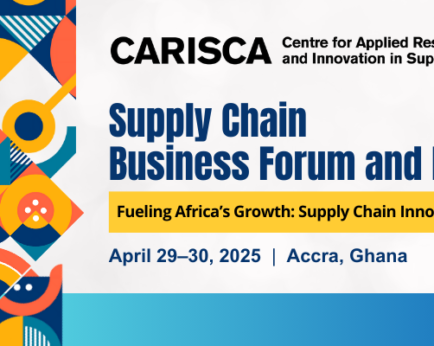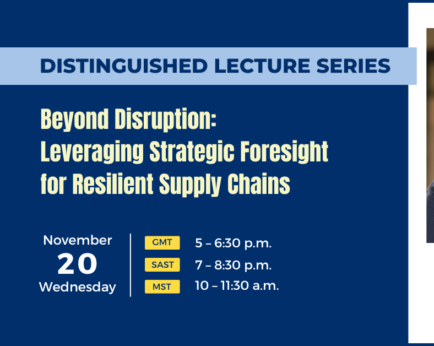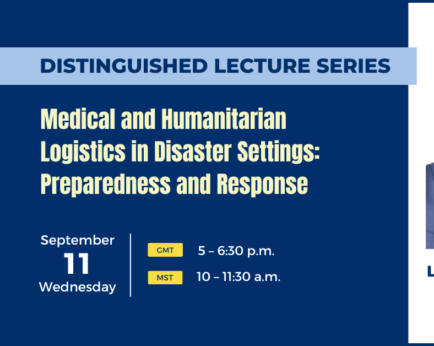
From Research to Impact: The Art of Academic Storytelling
Conducting high-quality research is only the first step for any academic who wishes to advance knowledge and make an impact in his or her field. The ability to effectively communicate your research findings is a critical skill. It can mean the difference between producing research that just sits on a shelf and research that drives …


